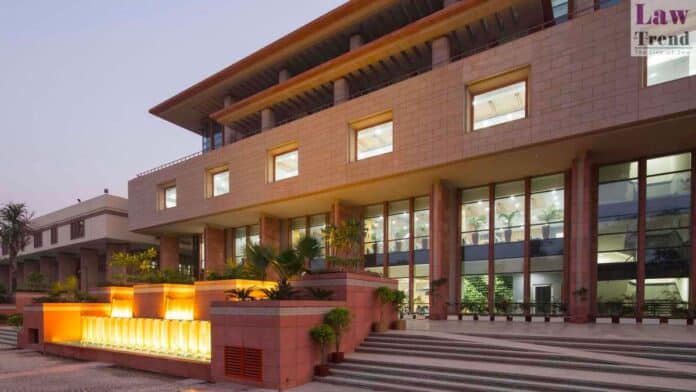The Delhi High Court has strongly criticised the “insensitive” attitude of government authorities, particularly the Railways, towards their own employees who bring recognition to the country through sporting achievements. The court said such conduct not only undermines morale but also defeats the very purpose of schemes meant to promote sports within public service.
A bench of Justice Navin Chawla and Justice Madhu Jain made these observations while hearing a case concerning Ajay Kumar, a boxer employed with Northern Railways, who had to approach courts to secure the salary increments due to him for winning medals at national and international events.
“This court expresses its strong disapproval of this practice and expects the petitioner authorities to hereafter act with fairness and respect towards their own employees who bring medals to the organisation, rather than forcing them into unnecessary litigation for recognition they have already earned,” the bench said in its October 29 order.
The court dismissed an appeal filed by the Union government, through the Railways, challenging a Central Administrative Tribunal (CAT) decision that had directed the authorities to grant Kumar two additional increments with arrears for his medal-winning performances. The High Court also imposed a fine of ₹20,000 on the Railways for its conduct.
Ajay Kumar, recruited in the Ambala Division of Northern Railways in 2005 under the sports quota, had received 17 advance increments at the time of appointment. In 2007, he won a silver medal at the 53rd Senior National Boxing Championship in Hyderabad and a bronze medal at the Asian Boxing Championship in Mongolia.
Under a 2007 Railway policy, sportspersons were entitled to additional salary increments for achievements at national and international levels. However, in 2010, this policy was revised to cap such increments at five during a sportsperson’s career.
When Kumar sought two increments in 2014 for his 2007 achievements, his request was rejected on the ground that the 2010 policy had imposed a ceiling. The CAT later set aside the rejection, ruling in his favour — a decision that the Railways appealed before the High Court.
The High Court upheld the tribunal’s ruling, observing that Kumar’s right to the increments had “crystallised” in 2007 itself, when he earned the medals. The later change in policy could not retrospectively take away that entitlement.
“The rejection order dated June 5, 2015, was rested on the misapplication of the 2010 policy to the achievements of 2007 and on an erroneous understanding of the 2010 ceiling clause,” the court said. It directed that Kumar be given one incentive increment effective from April 1, 2007, and another from July 1, 2007, along with consequential arrears.
The bench said it was “regrettable” that a sportsperson who had brought honour to the nation was made to “run from pillar to post” for benefits that were legitimately his due.
“Rather than acknowledging and rewarding his achievements, the Railways chose to entangle him in protracted litigation… This approach reflects a regrettable insensitivity towards employees who have contributed to the institution and the nation’s prestige through sporting excellence,” the court remarked.
It added that forcing employees into litigation for benefits that are a matter of right was “arbitrary and unreasonable,” urging authorities to adopt a fairer and more respectful approach in the future.




